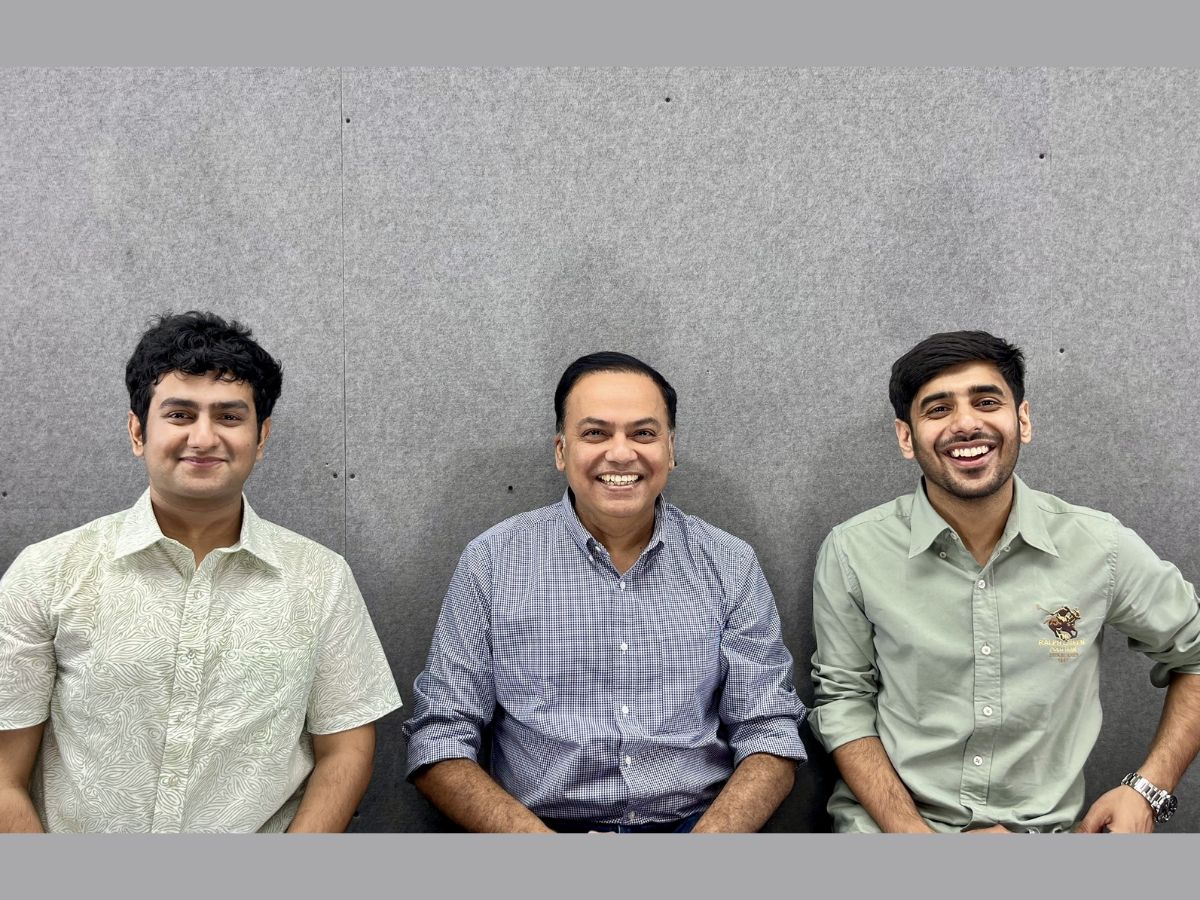By integrating innovative solutions, the energy sector can not only respond to growing consumption but also contribute to environmental sustainability
New Delhi [India] October 11: As global energy demands continue to rise, the utility sector faces unprecedented challenges in meeting these needs sustainably and efficiently. Arif Patel, a notable figure in tech innovation, exemplifies how advancements in technology can significantly enhance the capabilities of utility companies. By integrating innovative solutions, the energy sector can not only respond to growing consumption but also contribute to environmental sustainability and operational efficiency.
In recent years, the energy landscape has evolved dramatically, primarily driven by technological advancements. Innovations such as smart grids, artificial intelligence, and renewable energy sources have emerged as key components in modernizing how utilities operate.
Smart grids, for example, offer real-time data analytics that can predict demand fluctuations and optimize energy distribution. By implementing such technologies, utilities can minimize energy waste while ensuring that consumers have reliable access to power, even during peak usage times.
Moreover, Patel’s work in promoting the adoption of renewable energy sources provides a pathway to reducing carbon footprints while meeting rising energy demands. Solar, wind, and hydroelectric power are becoming increasingly viable alternatives to traditional fossil fuels.
By investing in these resources, utility companies can not only diversify their energy portfolios but also align with global sustainability goals. For instance, studies have indicated that increased reliance on renewables can lead to significant reductions in greenhouse gas emissions, thus addressing climate change while catering to energy demands.
Additionally, innovations in energy storage technology play a crucial role in transforming how utilities manage their resources. Efficient energy storage systems can store excess energy generated during low-demand periods and release it during peak usage times.
This capability is essential for balancing supply and demand, especially as the share of intermittent renewable sources increases. Arif Patel Dubai advocates for continuous research and development in this area, arguing that improved storage solutions will be vital for long-term energy sustainability.
Furthermore, the integration of IoT (Internet of Things) devices in utilities is revolutionizing energy management. Through connected devices, utilities can monitor consumption patterns in real time and provide consumers with insights into their energy usage.
This transparency encourages energy conservation and empowers consumers to make informed choices about their consumption habits. As a result, the utility sector can foster a culture of sustainability among its users, contributing to overall energy efficiency.
In conclusion, as the world grapples with increasing energy needs, the role of tech innovation in the utility sector cannot be overstated.
Arif Patel’s insights highlight the potential of modern technologies to enhance operational efficiency, reduce environmental impacts, and manage energy resources more effectively.
By embracing these innovations, utility companies can not only meet contemporary demands but also pave the way for a sustainable energy future. The integration of smart technologies, renewable energy sources, and efficient storage systems will be critical in shaping a resilient and environmentally-friendly utility landscape.
If you have any objection to this press release content, kindly contact [email protected] to notify us. We will respond and rectify the situation in the next 24 hours.





